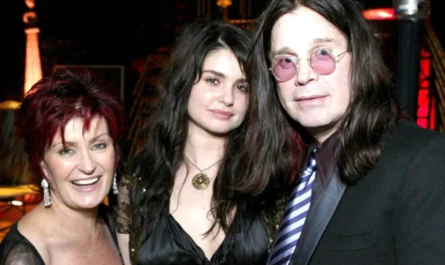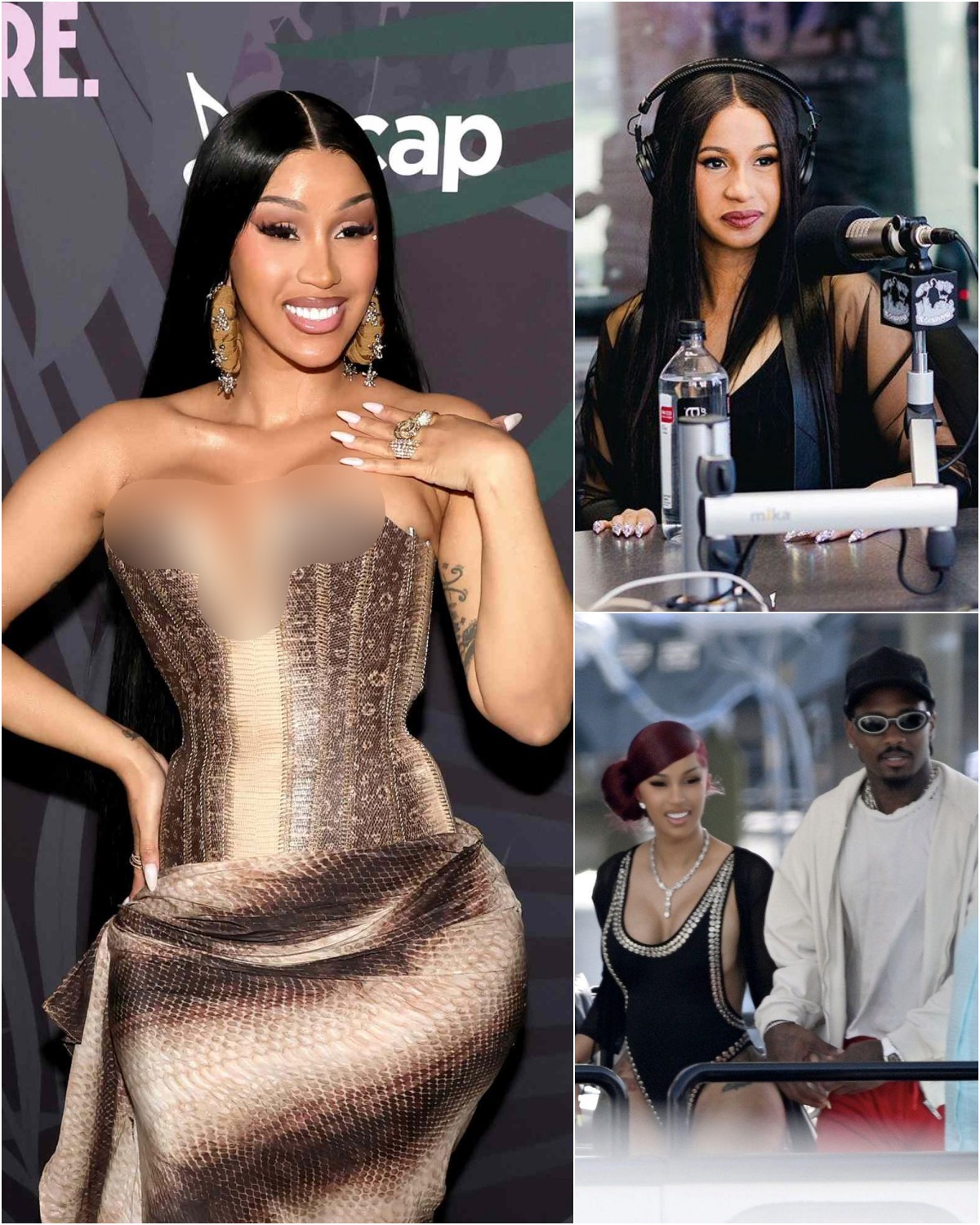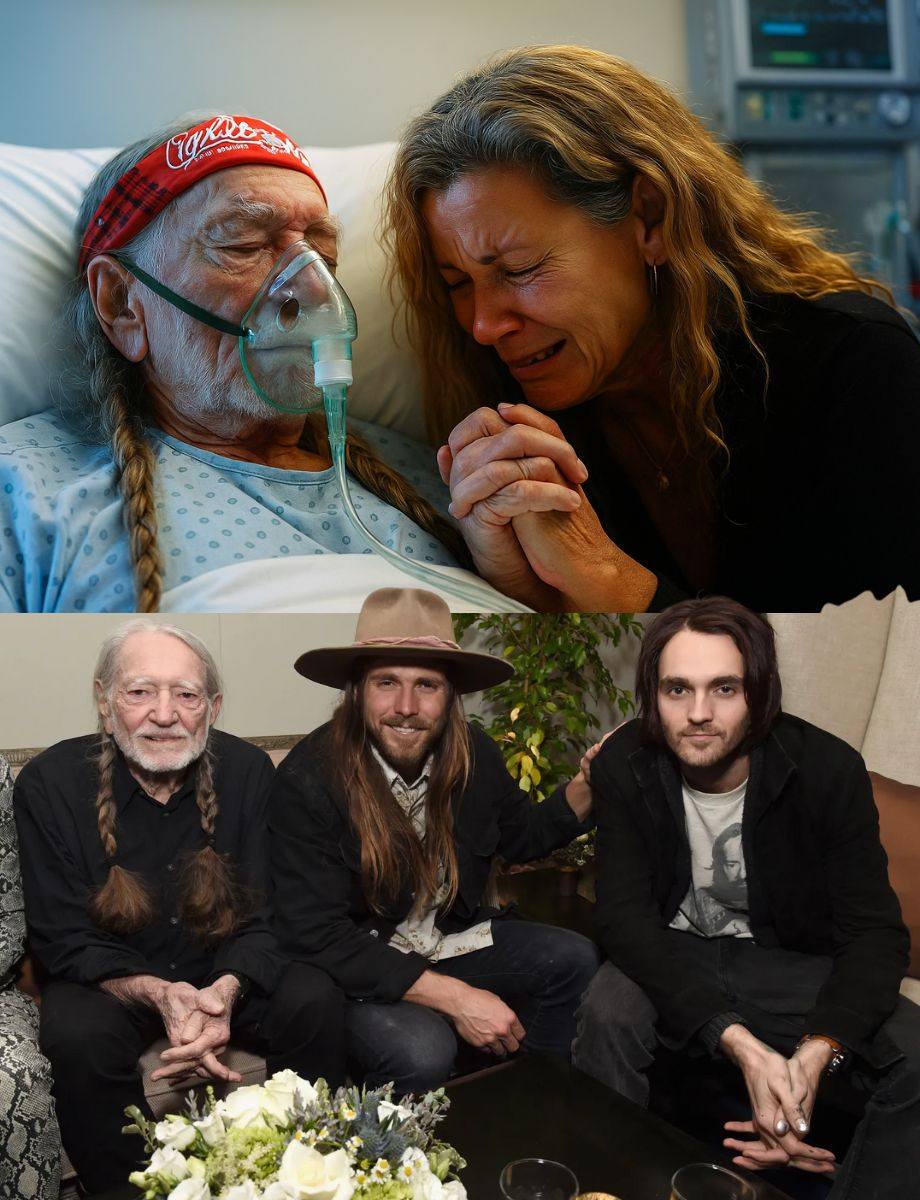Falling in Reverse frontman Ronnie Radke has addressed accusations of jealousy regarding Yungblud’s recent VMAs tribute performance, responding to fan comments on Instagram.
The response came after Radke had previously mocked Yungblud’s tribute performance to Ozzy Osbourne at the VMAs, leading to speculation about his motivations.
“You can see how much it hurt you not to be invited to that event. Anyway, we love that you’re a controversial soul,” a Falling in Reverse fan wrote to Radke.
Radke quickly dismissed the jealousy claims in his response.
“You couldn’t pay me to go, you have me confused with someone else,” Radke replied.

The exchange highlights the ongoing tension following Yungblud’s VMAs performance and Radke’s public criticism of the tribute. This latest controversy adds another chapter to Radke’s well-documented history of outspoken behavior and public feuds within the music industry.
Radke’s dismissive response reflects his long-standing approach to controversy and criticism throughout his career. Wikipedia reported that Radke founded Falling in Reverse while serving a prison sentence, demonstrating his ability to channel adversity into creative output. His journey from legal troubles to chart success shows a pattern of using controversy as fuel for his artistic endeavors rather than seeking validation from industry events.
The frontman’s career has been marked by his willingness to blend diverse musical styles with a defiant and provocative approach. Epitaph Records noted that his band’s evolving sound and chart success demonstrate his focus on musical innovation over external recognition. This artistic philosophy appears to align with his dismissal of the VMAs invitation speculation.
Radke’s history includes significant challenges that shaped his current perspective on industry politics. The Metal Verse documented that his legal troubles earlier in his career led to him leaving his former band Escape the Fate and forming Falling in Reverse. These experiences have contributed to his emphasis on creative independence over mainstream acceptance.
The musician’s response to the jealousy accusations fits his established pattern of direct communication with fans and critics alike. His career trajectory from controversy to commercial success suggests that his focus remains on his music and fanbase rather than industry recognition or awards show participation.





